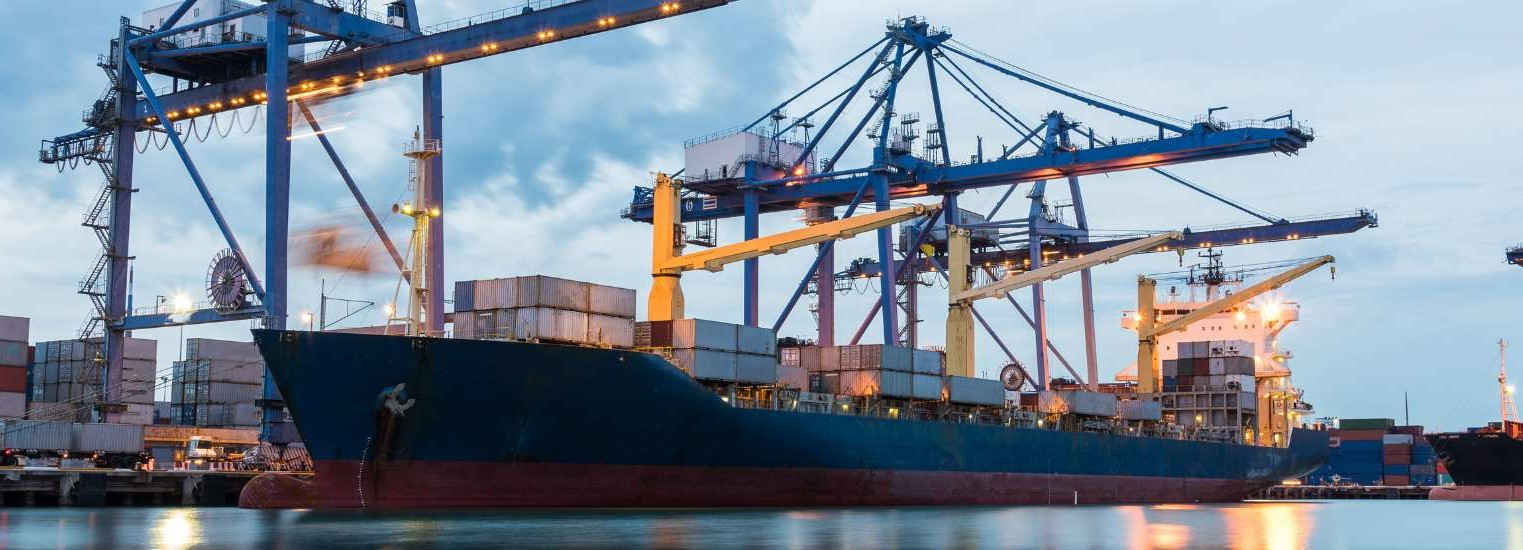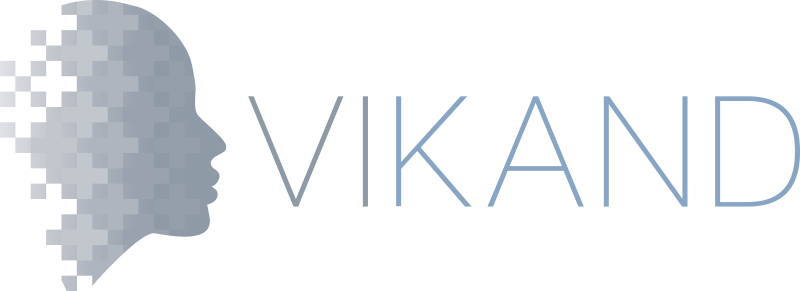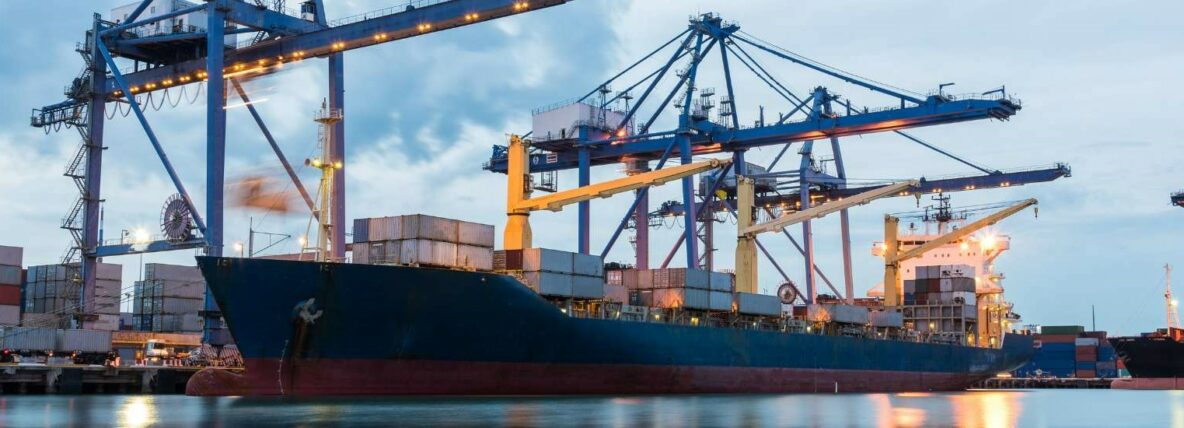
Overcoming this year's big threats to maritime business
Each January, Allianz issues their Risk Report, which identifies and ranks the most important global business threats in the year ahead. This year’s list was compiled by a group of 2,710 risk management experts from 94 countries and territories – more than any other previous edition.
VIKAND believes it’s important to highlight two risks we consider particularly relevant to companies in the maritime industry: business interruption and the shortage of skilled workforce.
Keep business moving with strong crew asset management
Allianz ranked business interruption as the year’s second most pressing risk, specifically in relation to the global supply chain. Supply chain issues aren’t new; in fact, the world continues to struggle to get back to pre-COVID operational standards while fending off the risk of further deterioration.
“As a critical part of the global supply chain, commercial ships need to invest in crew asset management to ensure continued operational efficiency,” says Bo Larsen, VIKAND’s Senior Vice President Commercial Partnerships. “A key dimension of this is proper onboard healthcare. Our total healthcare solutions address every dimension of a crew’s physical, mental and social wellness. Investing in crew healthcare today can significantly reduce injury, illness, lost productivity and long-term medical costs.”
There is ample evidence to support the business case for companies to invest in employee healthcare programs, including chronic disease management, fatigue, stress, mental health and sleep management. As noted in a recent study from Linchpin, “Creating wellness programs has various benefits. These include improved employee health behaviour, lowered health risks, recruitment, employee retention, increased productivity, decreased employee absenteeism, and reduced medical costs.”
When a company takes responsibility for the health and wellbeing of its employees, the benefits are mutual. Seafarers enjoy better health, wellness, safety and happiness, while the company benefits from an engaged workforce with fewer interruptions to business.
The future of maritime depends on effective talent acquisition
The other key risk our industry must address is the shortage of skilled workforce, which Allianz ranked eighth. As older generations of crew retire, new employees are coming on board with different experiences, skills and expectations.
First, there needs to be an overlap period where veteran workers can train new employees to ensure optimal performance and business continuity. Second, maritime employers should aim to meet today’s workers where they are by investing in a modern work culture. Right now, companies in every sector with long-term ambitions are grappling with wide-ranging labour and employment concerns, from health and safety to wellbeing and diversity. Maritime is no exception.
At present, the maritime industry is being challenged to attract and retain talent as workers’ expectations evolve, along with their relationship to work and vision for a fulfilling career. The COVID-19 pandemic further brought into focus the risks faced by crew, from physical health concerns to the mental impact of extended isolation at sea.
“VIKAND believes it is critical for maritime employers to hedge against the labour shortage by investing in employee retention strategies,” says Peter Hult, CEO of VIKAND. “As we outlined in our Human Sustainability Declaration, maritime’s long-term commercial viability will require broad cultural shifts and continuous advancements. To overcome the skilled labour shortage, our industry must establish a better culture of care and a stronger approach to diversity, equity and inclusion.”
Take action now to reduce risk exposure
It is still early in the year, and much of what happens in the coming months is outside anyone’s control. However, VIKAND believes maritime businesses would be well-served to take action now against the dual threats of business interruption and the skilled labour shortage. Companies who do the work today will likely be the ones thriving decades from now, while lagging competitors slide towards obsolescence.


